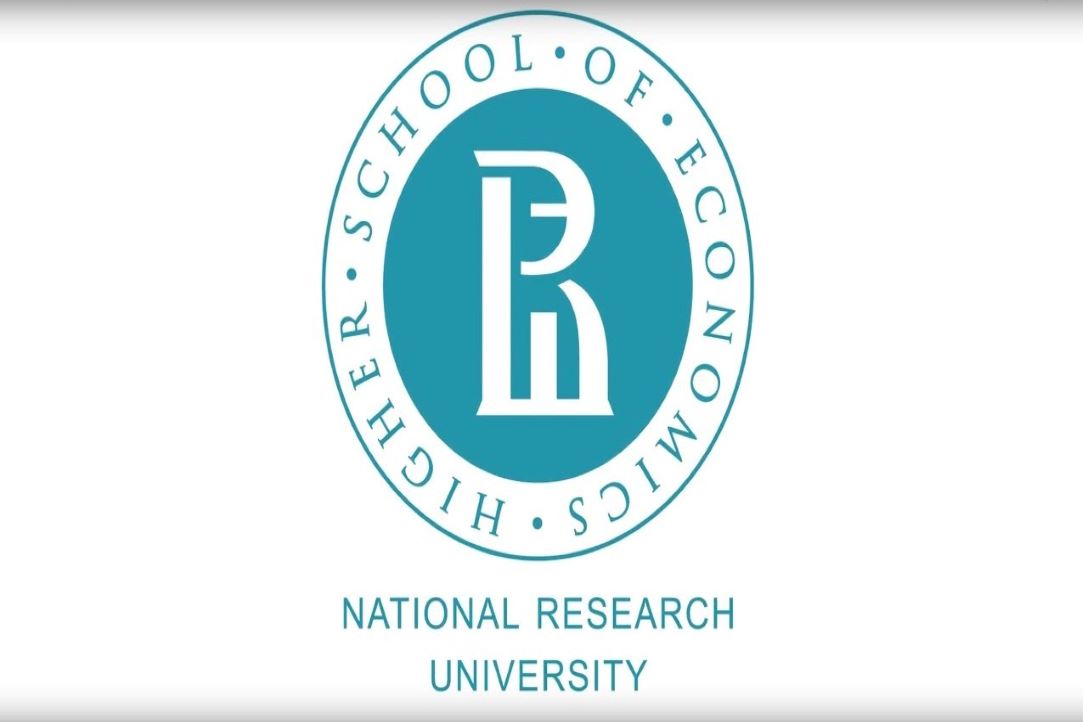London Exam Preparation: A Point Of View

Last year, Ksenia, a 3rd-year student of Bachelor’s Programme “HSE and University of London Parallel Degree Programme in International Relations” wrote a first-class essay on an Introduction to Political Science. We talked to Ksenia, who shares her experience on how to get successful during exams.
Honestly, I did not prepare hard during all the year. Obviously, I read Study Guides and did all my basic home assignments but I did not go deeper. However, a month before exams I’ve started a really harsh preparation with all the further readings. I almost did not leave home and even deleted from some social networks in order not to distract. I also minimalized my sleep, which I definitely not recommend. I am not saying that my scheme is perfect, but surprisingly it worked very well.
Well, it’s easy. From the beginning of the course during the lectures, I marked topics that were understandable for me. Yes, it happens that no matter how hard you try to learn something, it just doesn’t work and it’s okay. As I did this selection in the very beginning so not spend additional time later figuring out what topics are suitable.
Well, it is always a fear that topics you have learned would not be on the exam questions. However, the more topics you take the less confidence you will be in them. I am not saying that they should be equal to the number of essays you have to write as it is too risky, but still it is better to be an expert in few topics than just to be acquainted with many. Moreover, there are some topics, which occurs each year, for instance, it is a ‘democracy’ in the Political Science.
As a basis, I have almost learned the Study Guide by heart. Then, when I was quite fluent in it, I started to read further readings and analyze them, which are books and articles. I am not saying that the Internet is a useless in this case, but you would better not to google something if you can read it from specialized textbooks.
As for me, seminars. Lectures definitely worth visiting as they give a huge basis and facile understating of the issue, so you do need to spend extra time on this at home. Without a doubt, without self-preparation it is impossible to achieve anything, so almost all your time you should spend on it. However, on the seminars you can practice and check your knowledge, so don’t skip them.
So I always write conspectuses. Even if I have a photo or a printed version I always rewrite or retype it as it helps to memorize. After I have a big conspectus on my laptop, I shorten it at rewrite on the paper. So that is how a half of learning is done. To add more, 2 or 3 days before the exam I rewrite the name of the authors on a small sheet of paper and learn by heart.
Interview by
Soia Lyakhova
